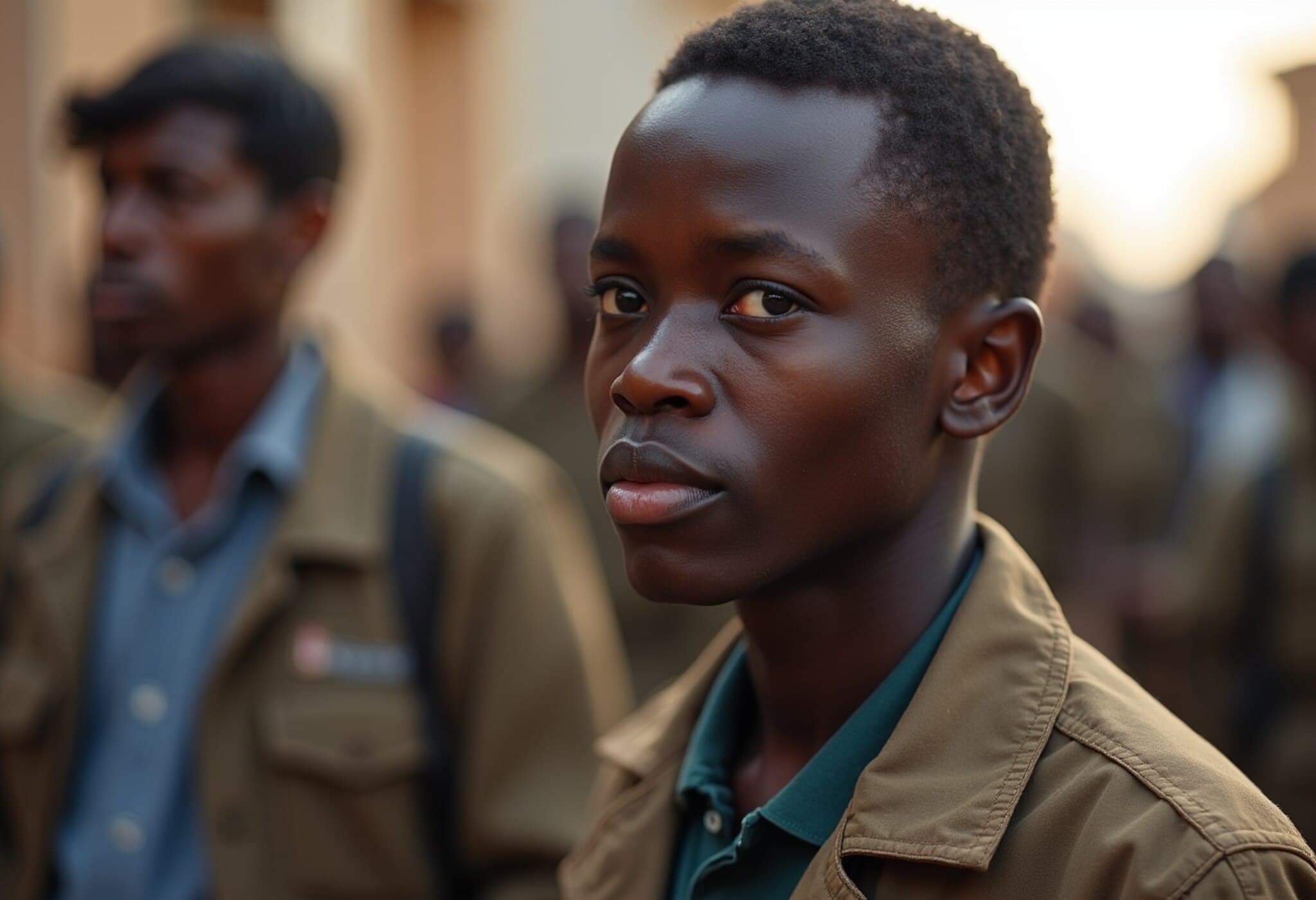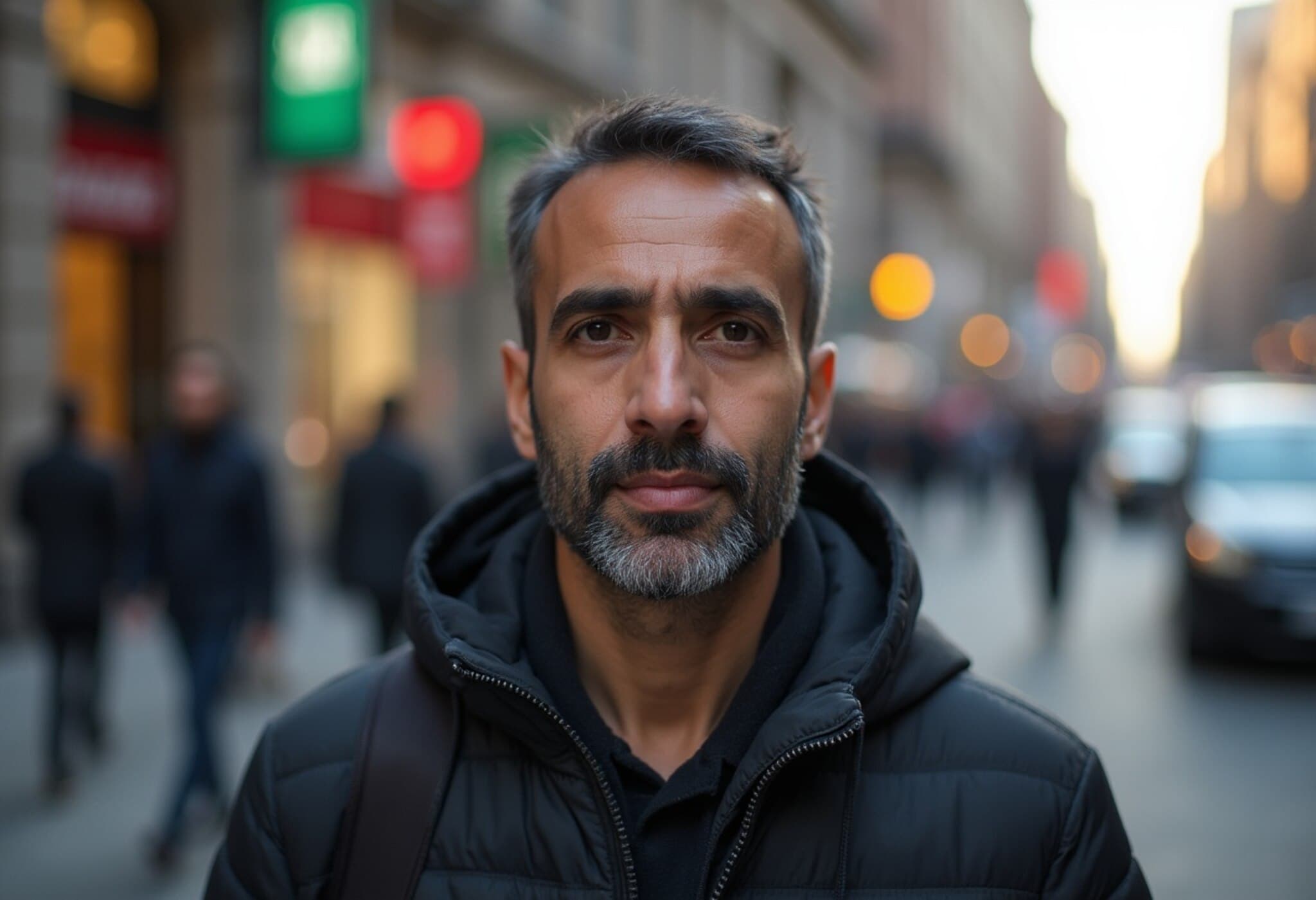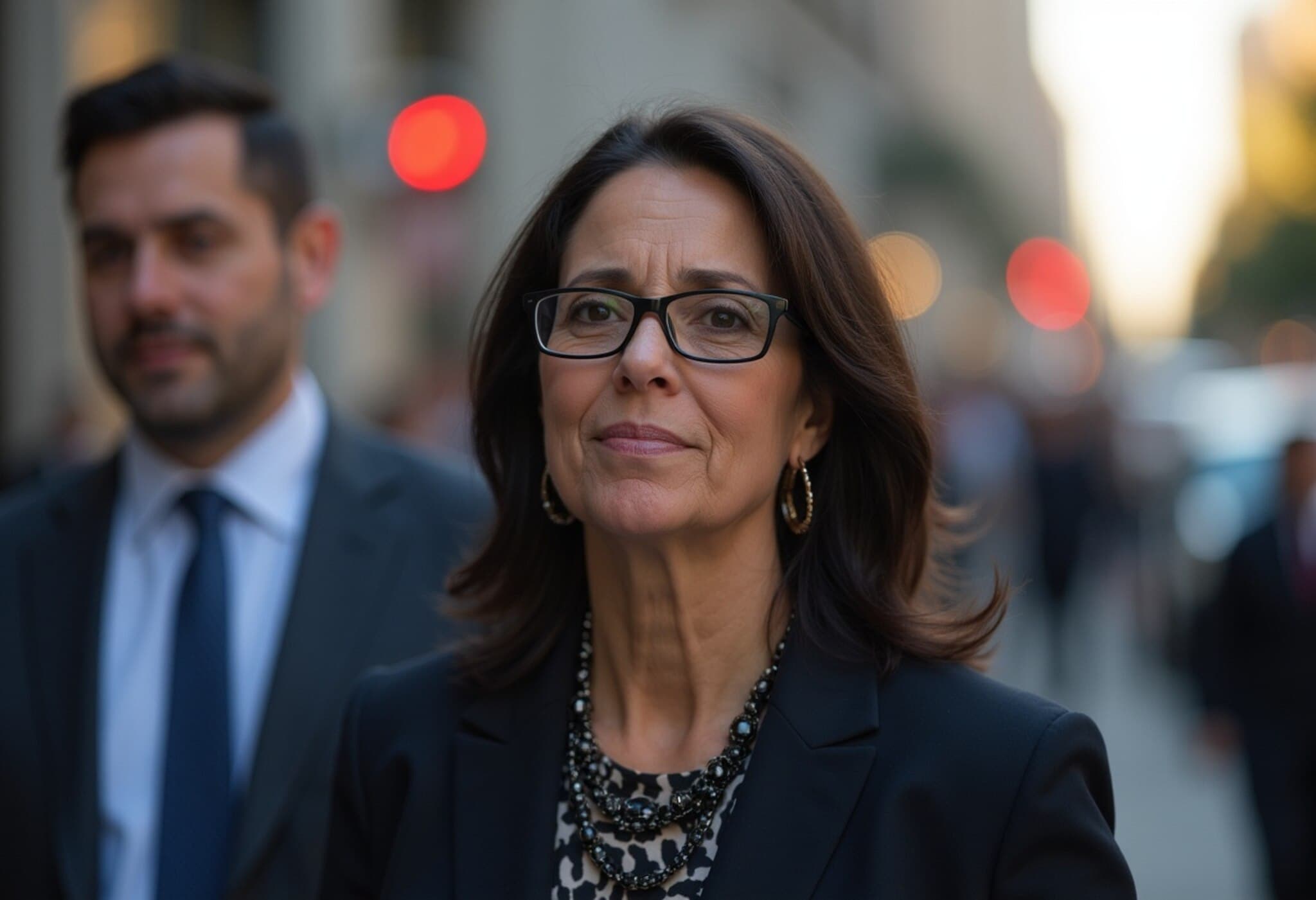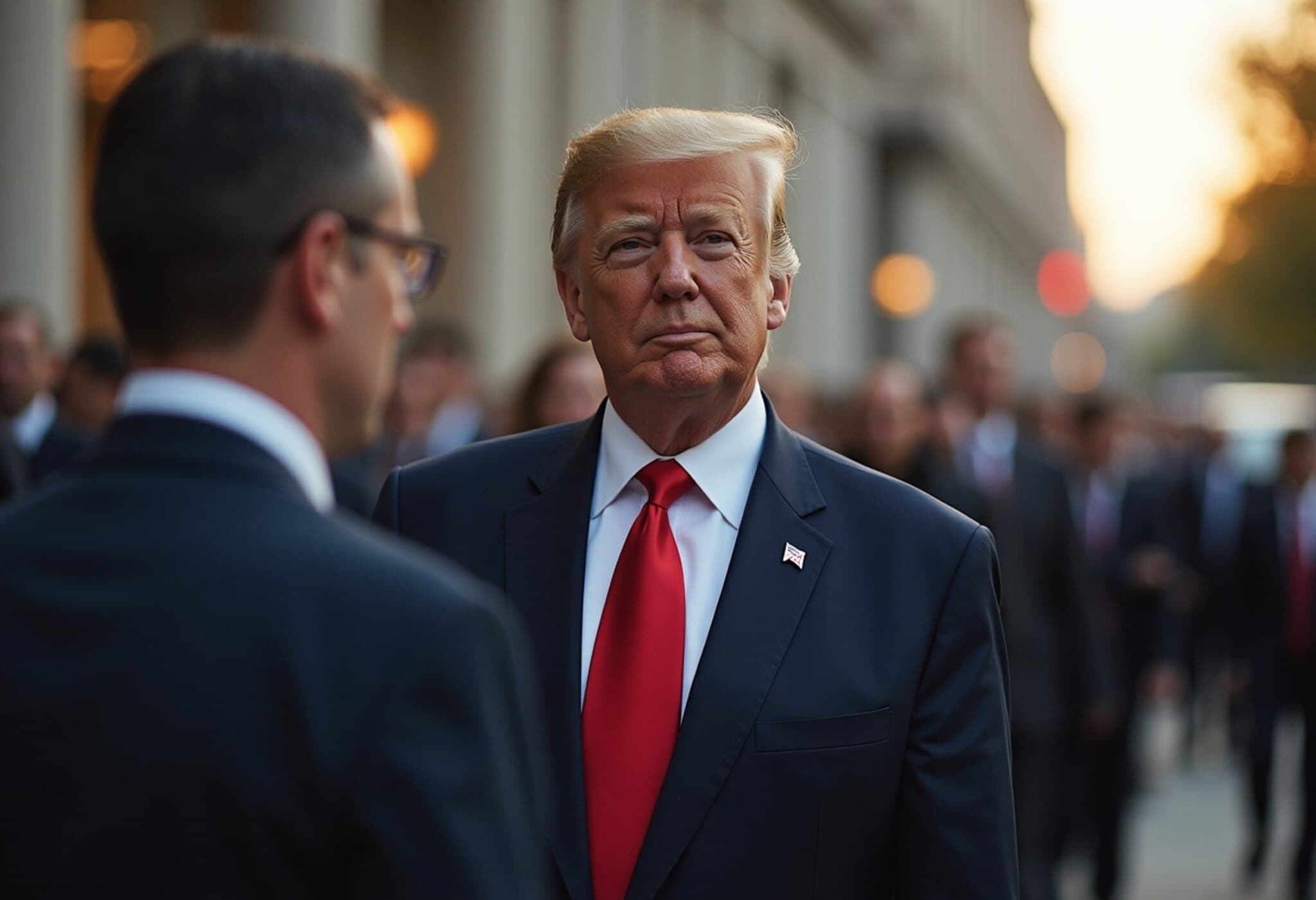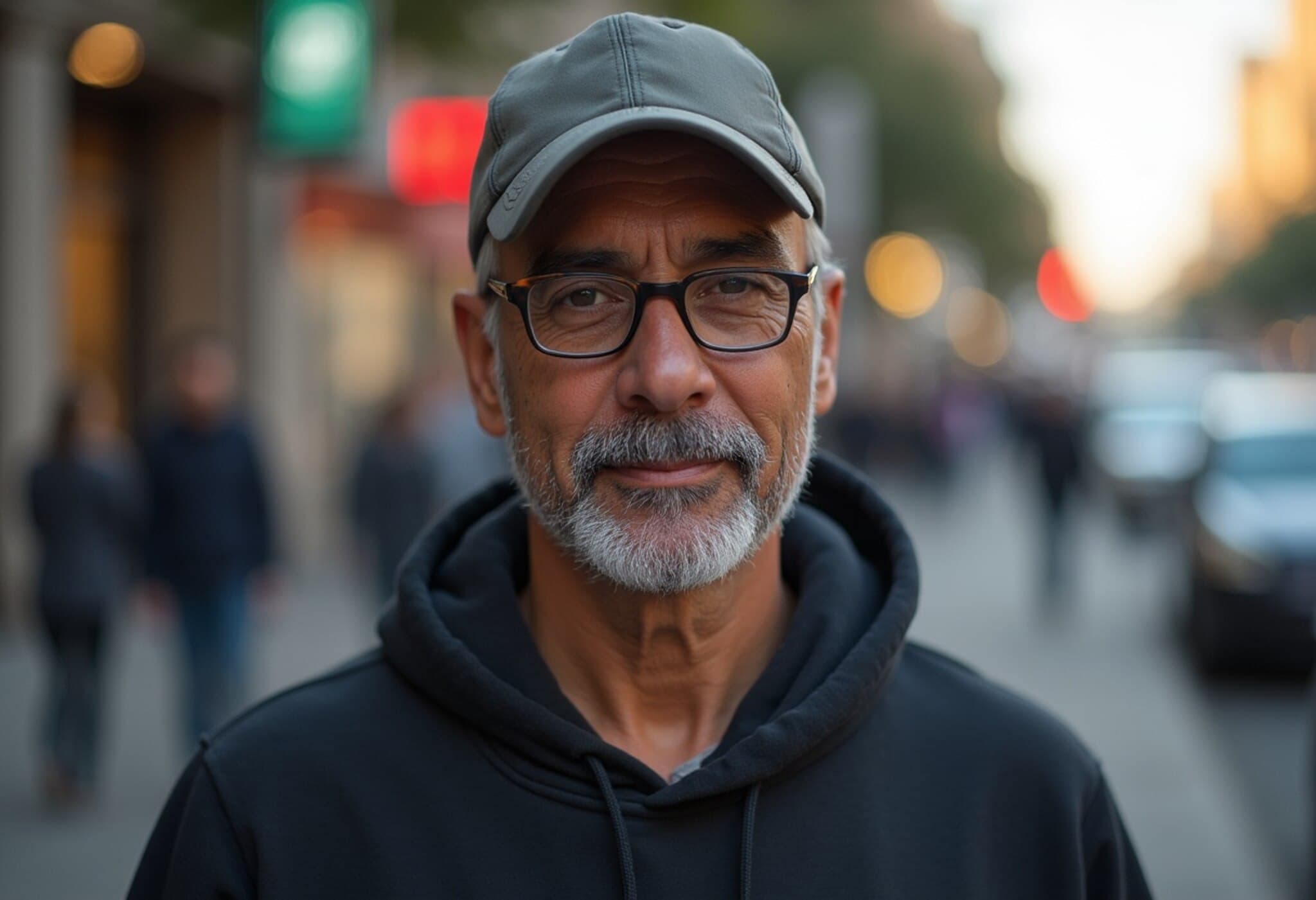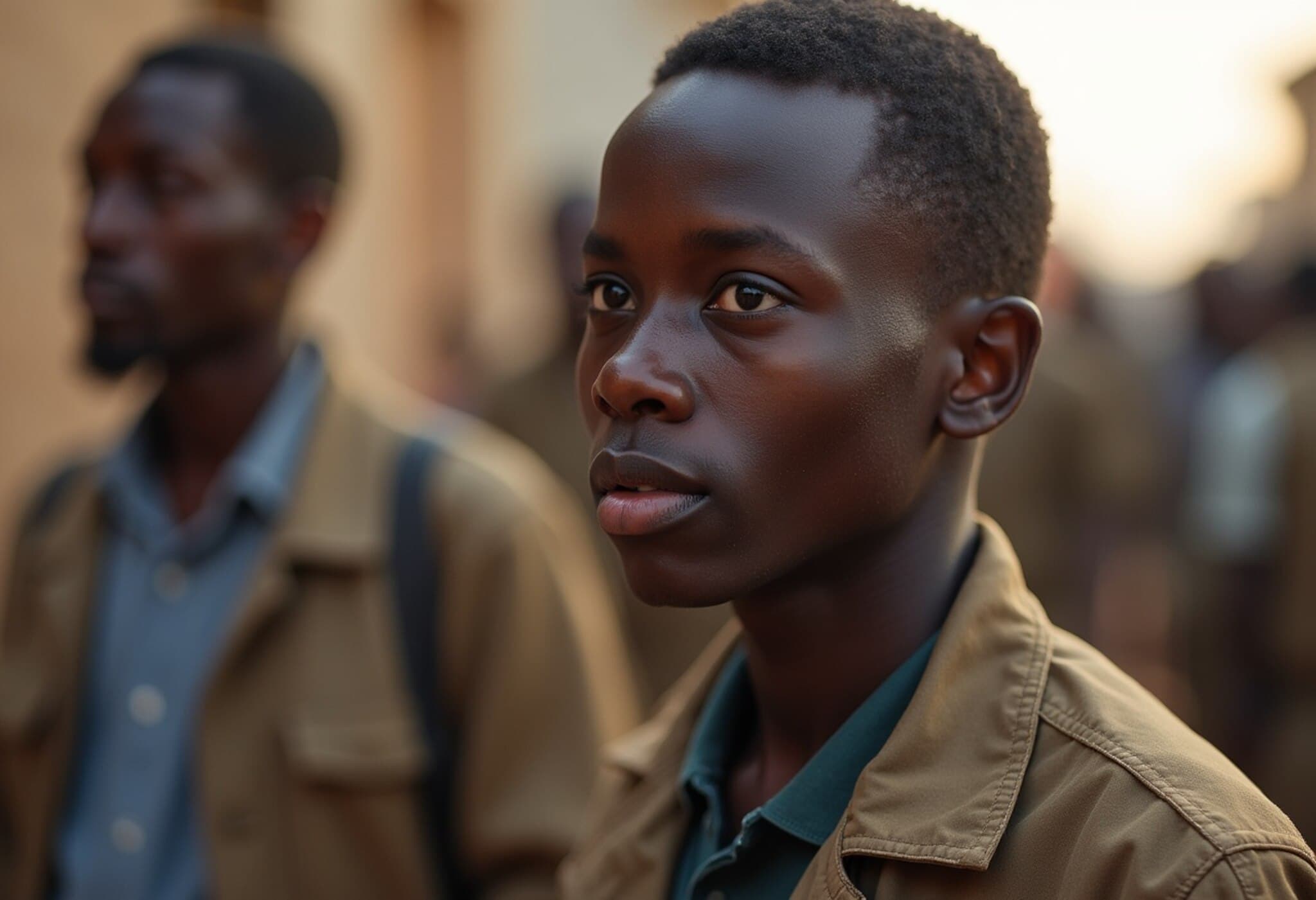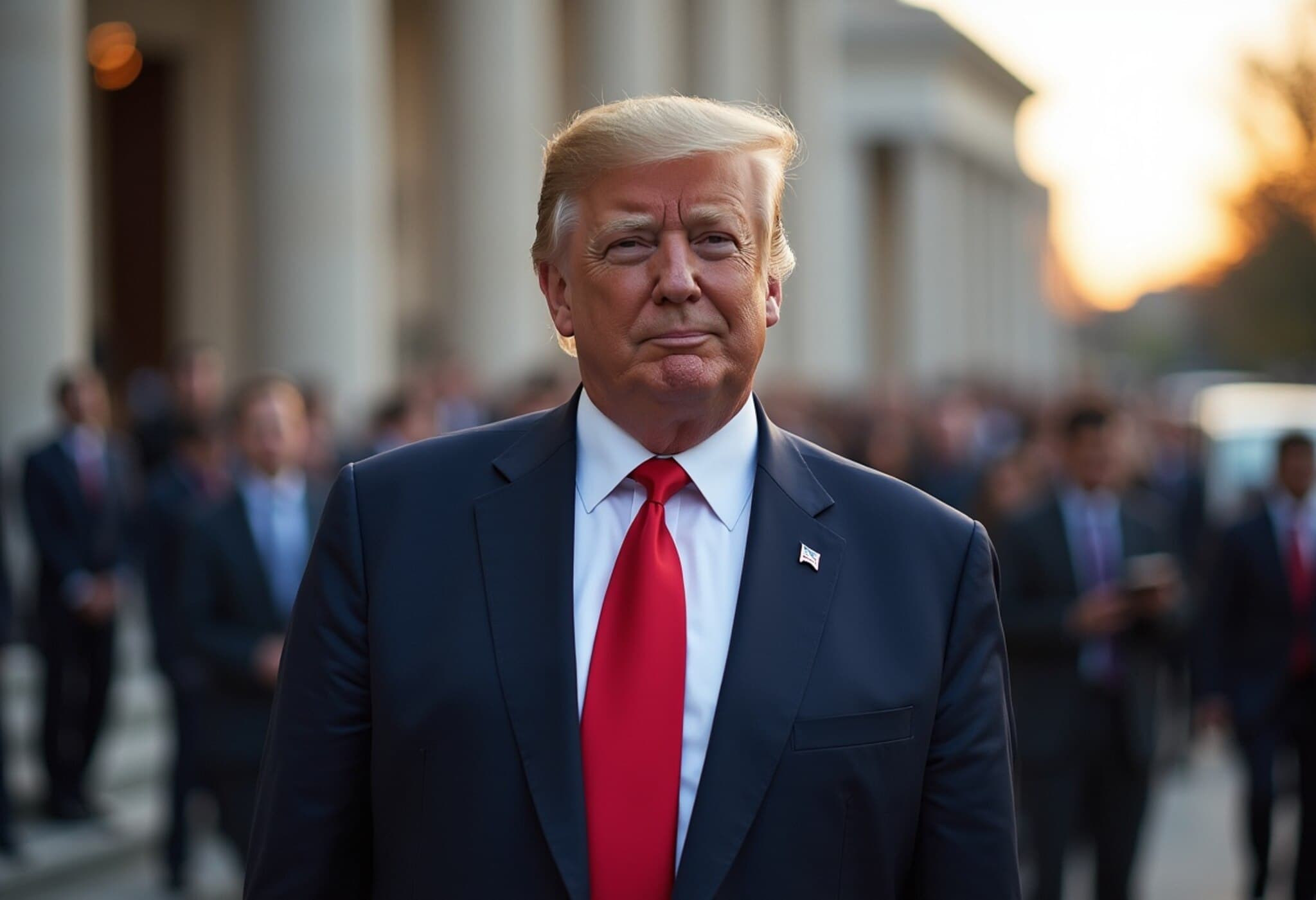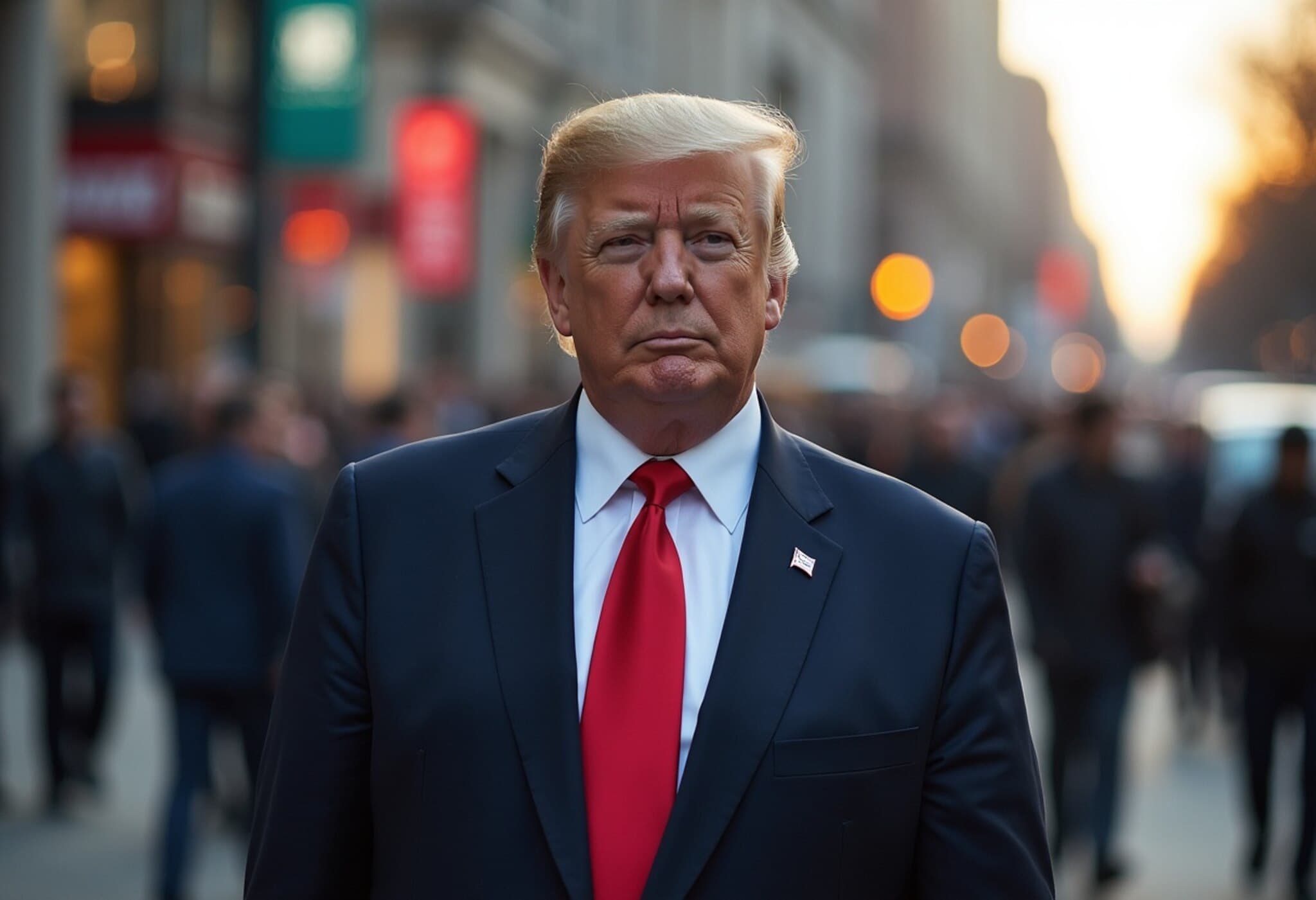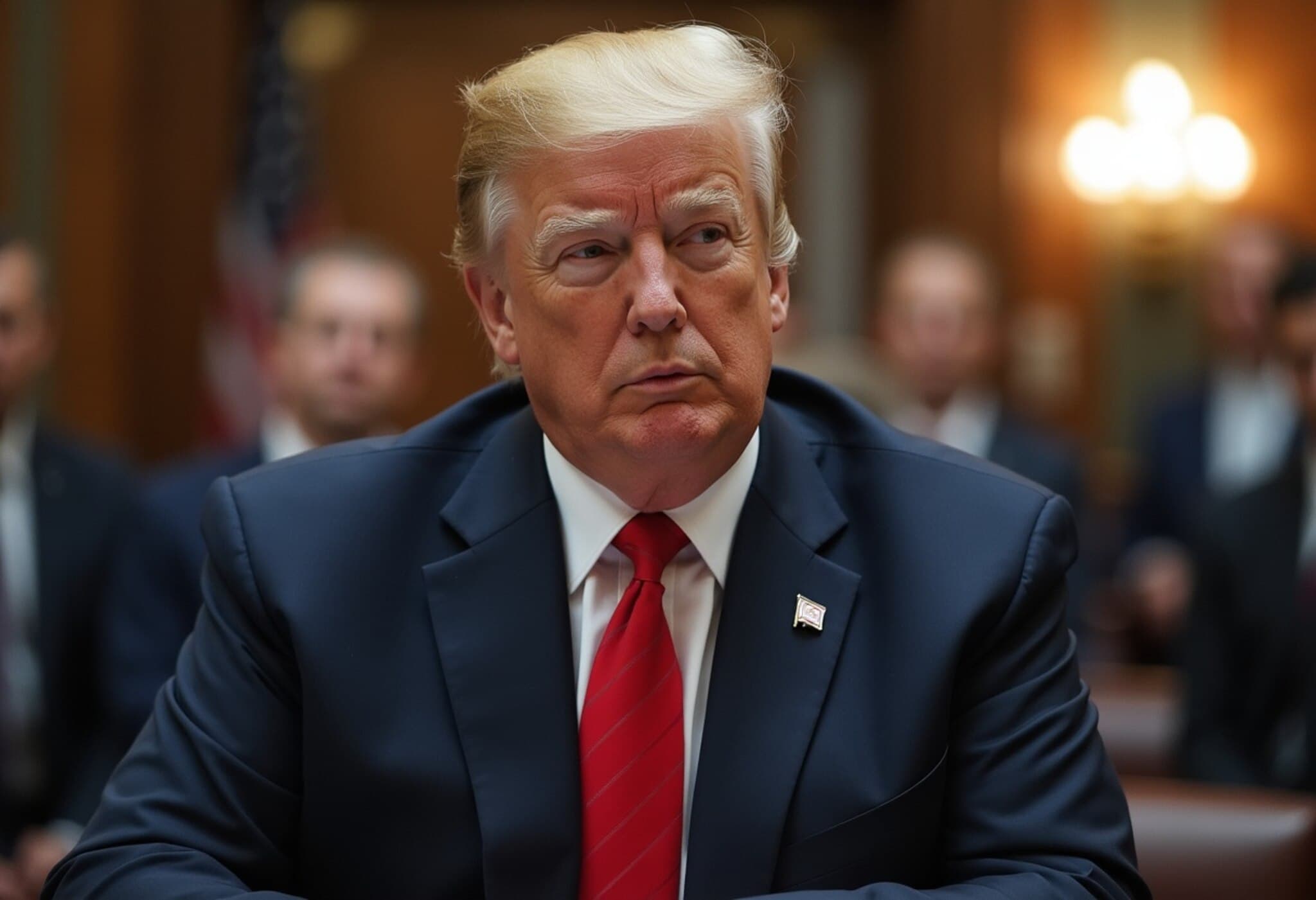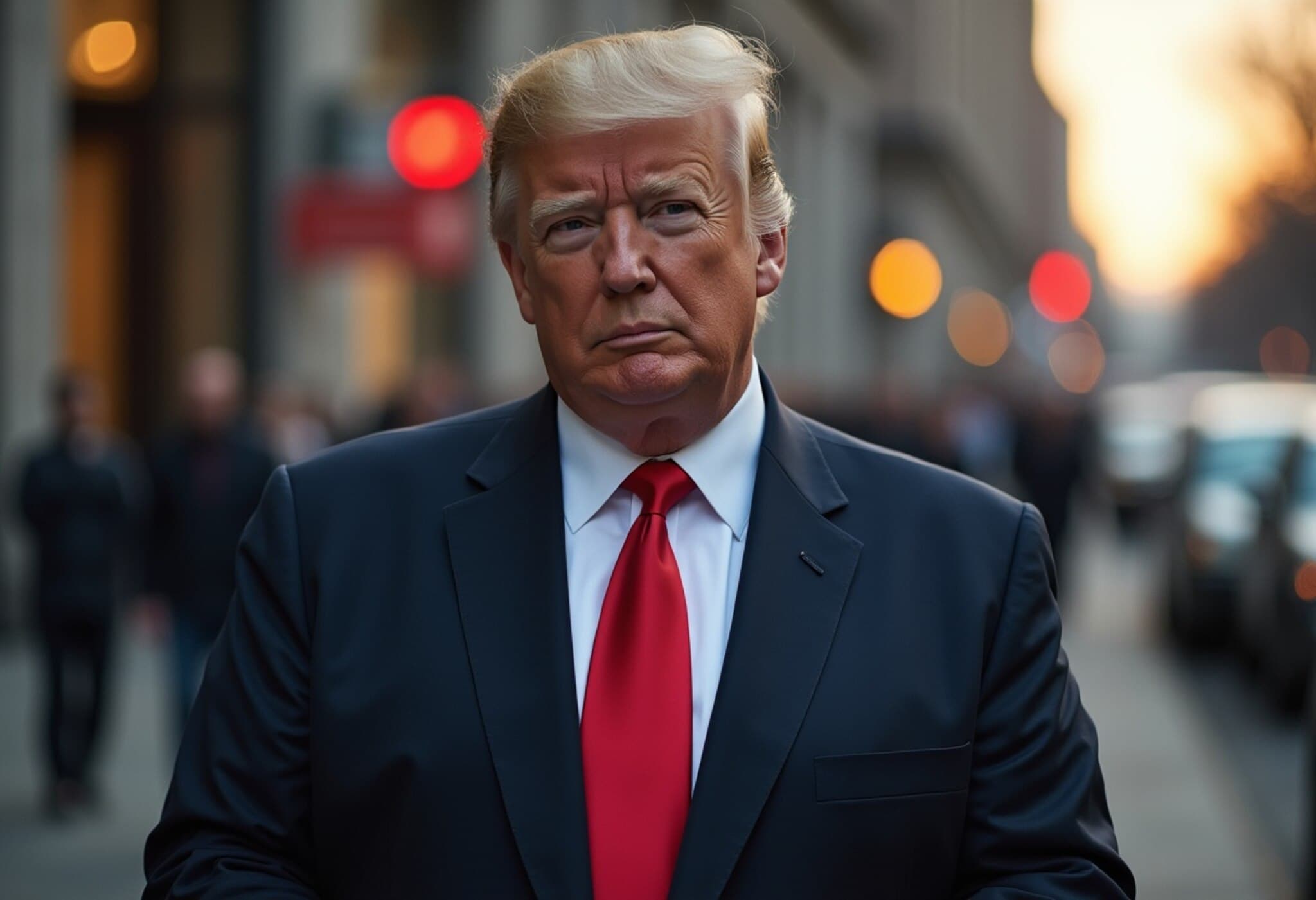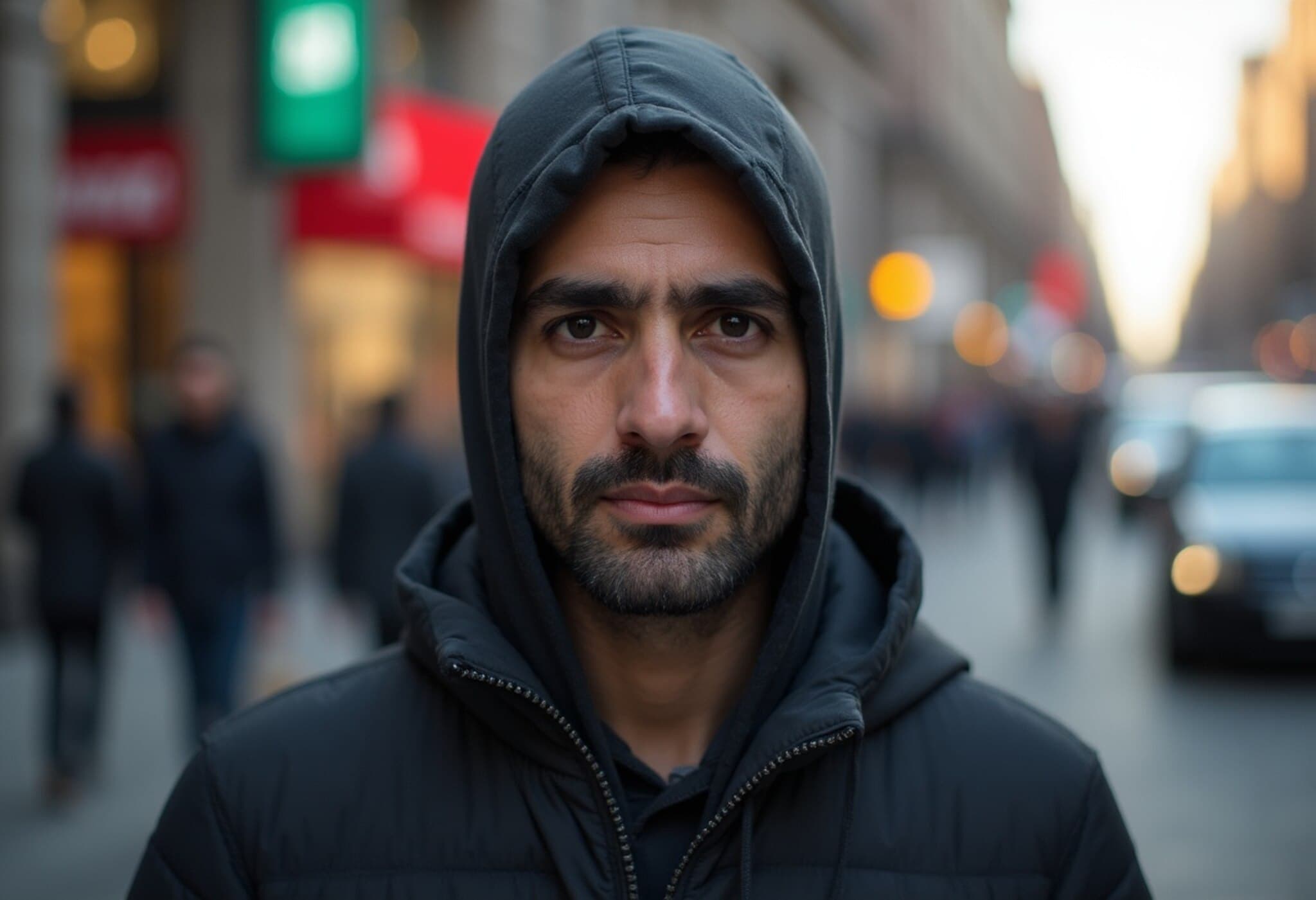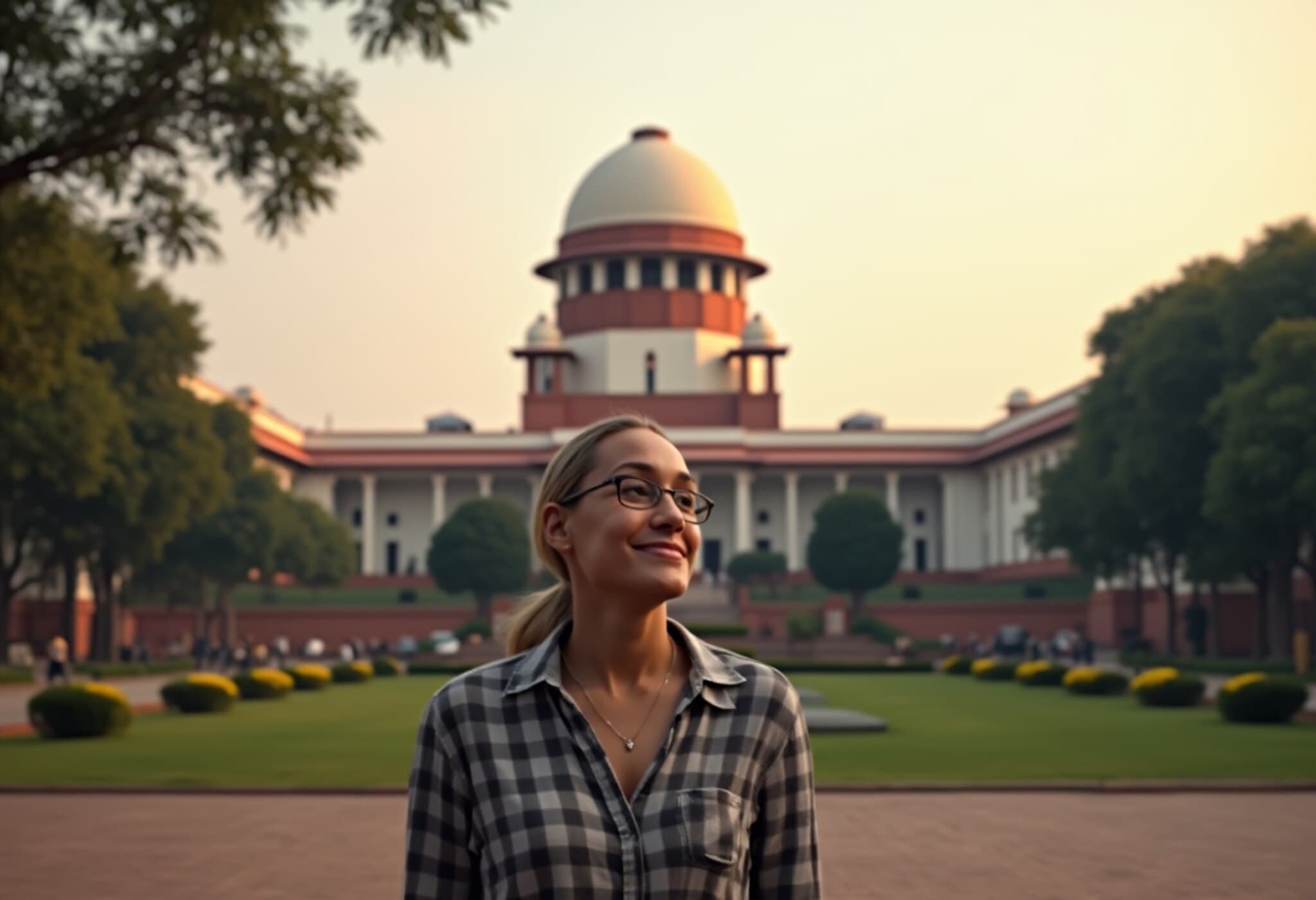Federal Judge Temporarily Blocks Deportations to South Sudan
Just one day after the Supreme Court approved the deportation of eight immigrants to South Sudan, a federal judge stepped in to temporarily halt their removal. The immigrants, originally from Laos, Mexico, Myanmar, Vietnam, and other nations, faced deportation amid the ongoing conflict in South Sudan—a country currently engulfed in civil war and strongly advised against for travel by the US government.
Unfolding Legal Backdrop
The case took an unexpected turn when District Judge Randolph Moss held an emergency hearing on the Fourth of July. He requested the Trump administration discuss whether the longstanding wartime law invoked for the deportation triggers due process rights—rights that might extend to those facing expulsion to South Sudan.
This ruling came after the government had flown the immigrants to Djibouti but was blocked from moving them further following a Massachusetts court decision. That court had previously ruled immigrants could not be transferred to a new country without a chance for a hearing.
Supreme Court's Role and Subsequent Legal Moves
Last month, the Supreme Court vacated that Massachusetts ruling, and on Thursday night, it issued a clarification ordering that the immigrants could indeed be sent to South Sudan. However, the immigrants' lawyers swiftly filed an emergency request to halt the removals, prompting Judge Moss to grant a temporary stay and allow time for a formal hearing.
This new hearing is intended to explore whether the due process protections, previously linked to an 18th-century wartime immigration law cited by the President, apply to the deportations to South Sudan. Judge Moss's decision, initially reported by legal experts, signals the court's recognition of the complex humanitarian and legal issues at play.
Implications Amid Conflict
The US government has been pursuing deportations under challenging circumstances, given South Sudan's volatile situation. While these immigrants are not South Sudanese, the prospect of sending them to a conflict zone raised serious legal and ethical concerns. President Donald Trump's administration continues to push for these removals, framed within its broader immigration enforcement agenda.
What’s Next?
With the hearing underway, the government must respond to the judge’s queries, weighing the balance between immigration policies and due process rights. The temporary halt grants critical time for the courts to scrutinize the legality of forcibly relocating immigrants to one of the world’s most dangerous regions.
Key Takeaway: The unfolding legal saga underscores the tension between government immigration enforcement and the protection of human rights, especially when deportations involve conflict zones like South Sudan.

